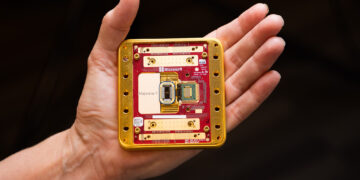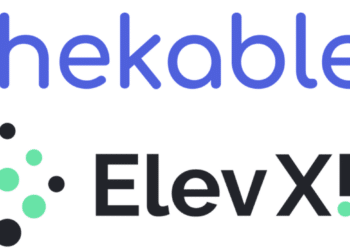Facebook “bets” on Augmented Reality. After years of experiments and attempts (more or less successful) Mark Zuckergerb’s giant seems willing to invest strongly in the Augmented Reality sector. ![]() In Pittsburgh – in Pennsylvania – the engineers and computer scientists of the Facebook Reality Lab are working on new solutions to make the social network more and more immersive and experiential. The project is called Codec Avatars. As you can guess from the name, the starting point are the avatars, the “digital clones” that all users can create from their profile photo. For now they are just photos or GIFs but, in a few months, they could literally come to life. Thanks to Augmented Reality. “The creation of realistic avatars currently requires the acquisition of large amounts of high-quality audio and video from research participants using a highly customized system of cameras and microphones in the Pittsburgh office of Facebook Reality Lab,” Facebook explains. “This data is used to train artificial intelligence systems that could one day allow users to quickly and easily create their own avatar with a few clicks or videos.
In Pittsburgh – in Pennsylvania – the engineers and computer scientists of the Facebook Reality Lab are working on new solutions to make the social network more and more immersive and experiential. The project is called Codec Avatars. As you can guess from the name, the starting point are the avatars, the “digital clones” that all users can create from their profile photo. For now they are just photos or GIFs but, in a few months, they could literally come to life. Thanks to Augmented Reality. “The creation of realistic avatars currently requires the acquisition of large amounts of high-quality audio and video from research participants using a highly customized system of cameras and microphones in the Pittsburgh office of Facebook Reality Lab,” Facebook explains. “This data is used to train artificial intelligence systems that could one day allow users to quickly and easily create their own avatar with a few clicks or videos.
You may also be interested in —> From Portugal comes the Virtual Reality pool table
Facebook avatars and the potential of Augmented Reality
Leading Facebook’s attempt to enter the Augmented Reality market is Yaser Sheikh, an associate professor at Carnegie Mellon University who has been conducting research in the field since 2015. In a post on the official FB blog, Sheikh explained that “this is research at an early stage and while we continue to develop this technology, we are thinking pragmatically about the safeguards we can put in place to combat the misuse of avatars. For example, we are exploring the idea of making sure your avatar is safe in an authentic account. The way we work with real identities on our platforms will be a key part of this, and we have discussed several security and identity verification options for future devices. Obviously we’re a long way from this type of headset technology, but we want to think about solutions now. In recent years, major software houses have launched numerous VR projects ranging from entertainment to publishing 2.0. One of the most ambitious is undoubtedly Playstation VR, the new virtual reality system linked to PlayStation 4 (MORE).
































